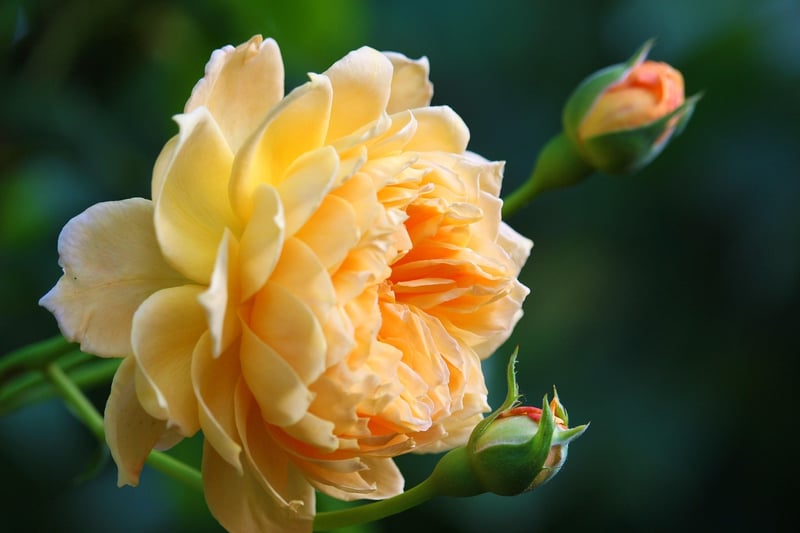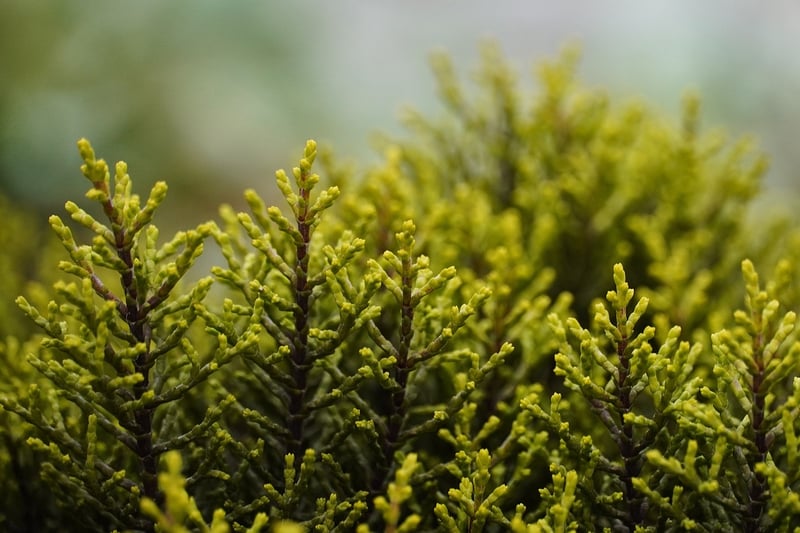Pruning Guide
Keep Your Garden Thriving: A Complete Pruning Guide
Welcome to our comprehensive guide on garden pruning! Whether you are a seasoned gardener or just starting out, proper pruning is essential to keep your plants healthy and thriving. In this article, we will cover everything you need to know about pruning various types of plants in your garden.
The Benefits of Pruning
Pruning is not just about shaping your plants; it has several benefits for their overall health and growth:
- Promotes plant growth and flowering
- Helps maintain plant shape and size
- Removes diseased or damaged parts
- Improves air circulation and sunlight exposure
- Prevents overcrowding of branches
Pruning Tips for Different Plants
Roses
When pruning roses, make clean cuts at a 45-degree angle just above a bud that faces outward. Remove dead or diseased wood and any crossing branches to improve air circulation.

Shrubs
For shrubs, prune in late winter or early spring before new growth appears. Remove dead branches and shape the shrub by cutting back to outward-facing buds.

Trees
When pruning trees, focus on removing dead, damaged, or diseased branches. Avoid cutting the branch collar and never remove more than 25% of the tree's canopy in a single season.

Tools for Pruning
Having the right tools is essential for successful pruning. Some common tools include:
- Pruning Shears
- Loppers
- Pruning Saw
- Hedge Shears
Make sure your tools are sharp and clean to make precise cuts and prevent the spread of diseases between plants.
Final Thoughts
Pruning is a vital aspect of garden maintenance that should not be overlooked. By following the proper techniques for pruning different plants, you can ensure the health and vitality of your garden for years to come. Remember to research specific pruning requirements for each plant species and enjoy the process of caring for your garden!
Happy pruning!
